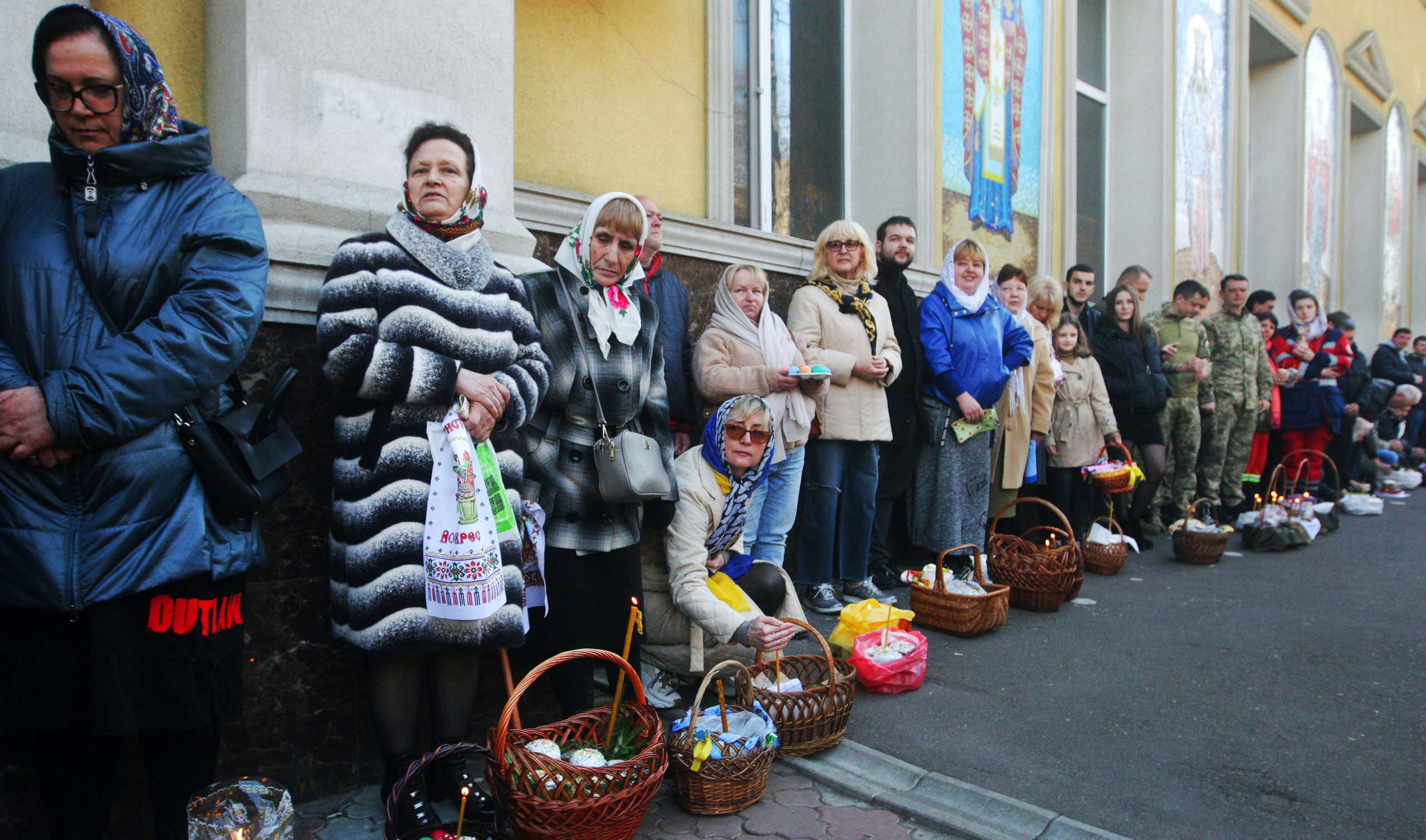Odessa
There were numerous predictions about what Vladimir Putin would say in yesterday’s Victory Parade, none of which came to fruition. The usual menacing display of nuclear missiles did take place, but at least the Russian President did not threaten to strike anyone — as has become the chillingly routine rhetoric on Russian television over the past month.
During the ceremony, Putin placed a bouquet of red carnations to honour the ‘hero cities’ of Kyiv and Odessa. This took place at almost the exact same time that Odessa — my hometown — was being paid an unannounced visit by European Council President Charles Michel. After Michel pronounced that Russia would not succeed in its attempt to “execute Ukrainian freedom,” Russian missiles began raining down on the city — as they had been for the past two weeks. The EC President was forced to take cover.
Though Odessa has not attracted the same kind of media attention as other Ukrainian cities, it has, over the last several weeks, been methodically struck by Russian missiles. I had just returned from a trip to the front lines in Donetsk and watched in disbelief as Odessans scuttled and stampeded for cover in the city centre following these strikes. We thought that we had been through the worst of it by Easter when, days earlier, eight people were killed and more than a dozen wounded in air strikes. The city authorities tried to persuade the populace to stay home and not congregate in churches the next day, but people went to church anyway. Ironically, the roof of an Orthodox church belonging to the Moscow Patriarchy would be destroyed by a missile the following week.
But in the last few days, other parts of the city, like Odessa airport — just a few blocks from my family home — have been repeatedly hit. I therefore finally convinced my aged father-in law — a feisty former sailor — that it was time to go to Europe and put him in a car to the Romanian border. He was forced to take the ‘scenic’ long route to the south of the Odessa region because the Belgorod-Dnistrovsky railway bridge over the Dniester estuary was destroyed by a Russian air strike.
Odessa authorities continue to have problems with Russian saboteurs, infiltrators and local sympathisers, and as such, declared martial law for the duration of yesterday. Today, the only people standing on Odessa’s cobblestoned streets were men of the territorial defence units checking people’s documents.
This is a muted city, but one that remains firmly under Ukrainian control. We hope the fighting will end soon, so that ordinary Odessans and Ukrainians can try to rebuild what has been lost.











Join the discussion
Join like minded readers that support our journalism by becoming a paid subscriber
To join the discussion in the comments, become a paid subscriber.
Join like minded readers that support our journalism, read unlimited articles and enjoy other subscriber-only benefits.
Subscribe